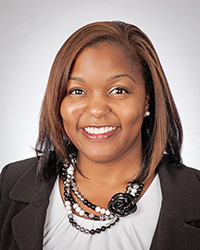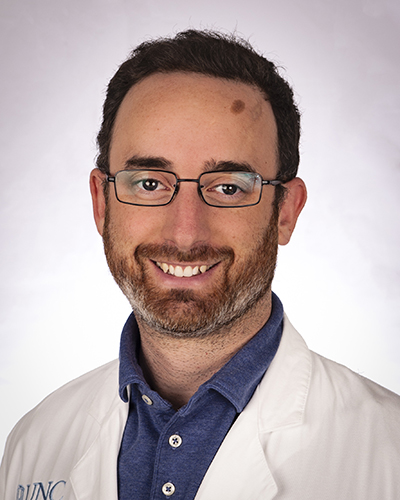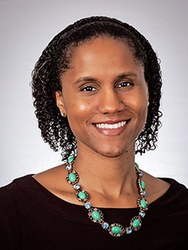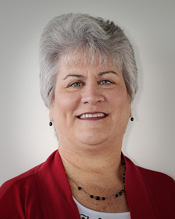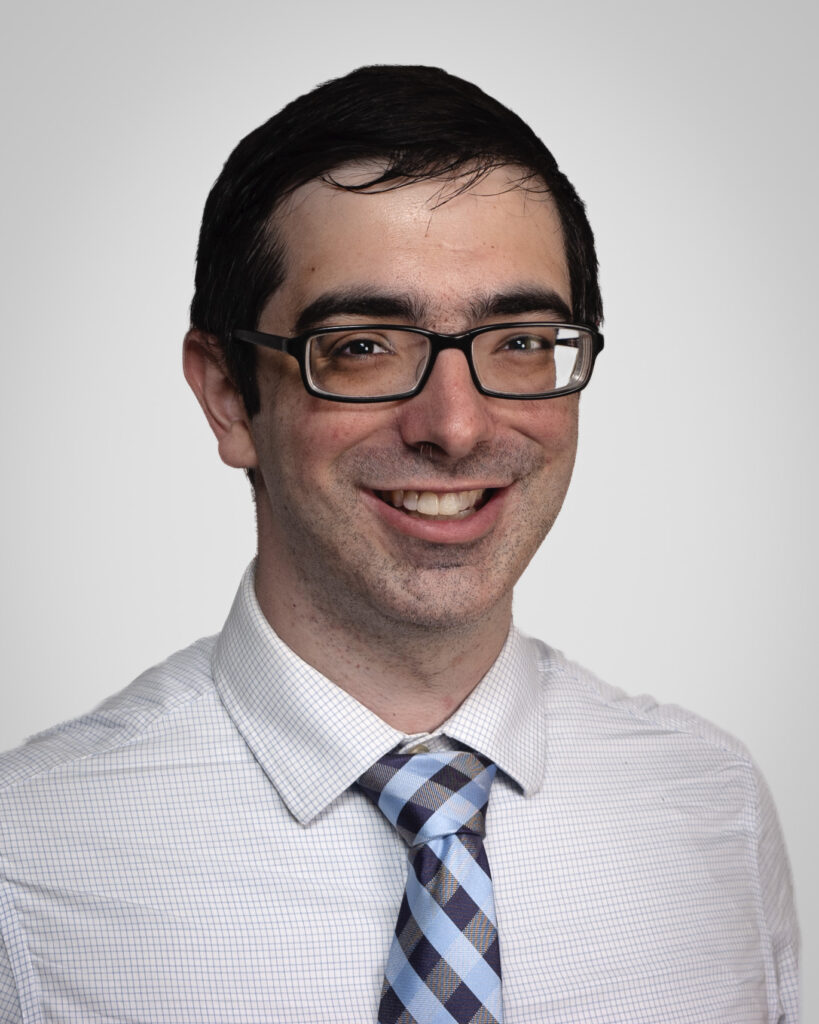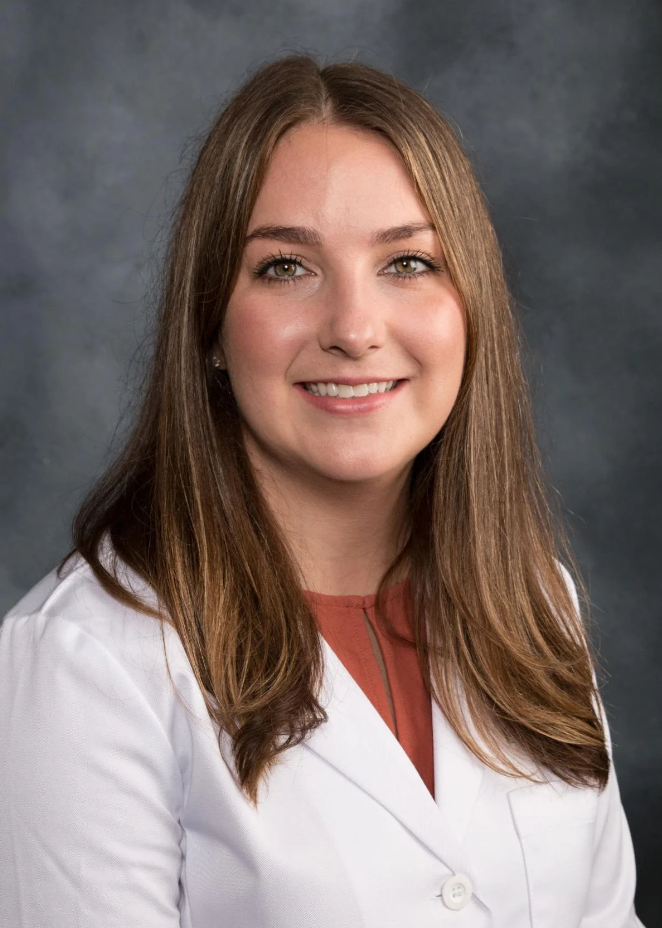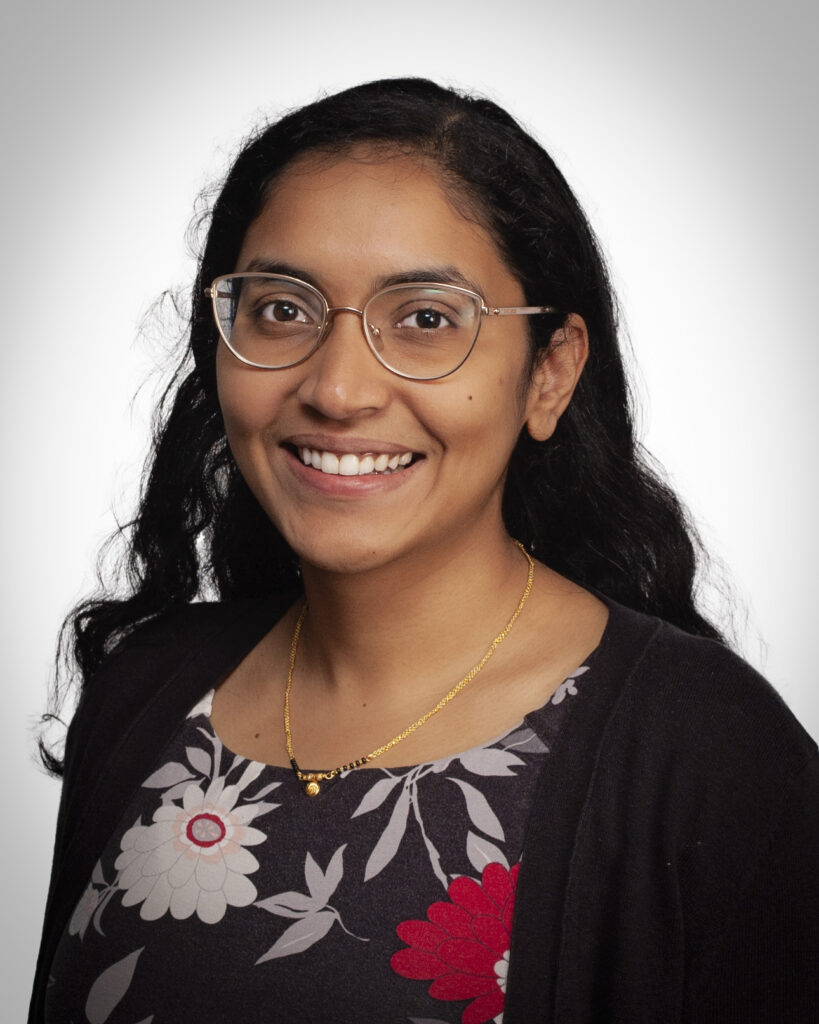Pediatric Nephrology Fellowship Training Program
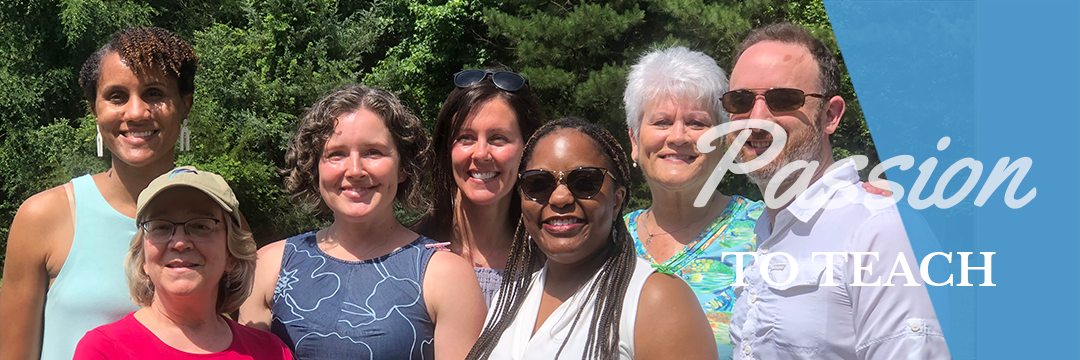
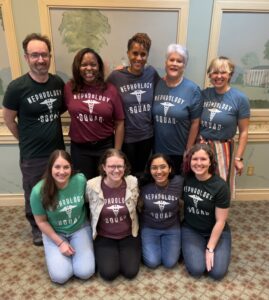 The University of North Carolina and the UNC Kidney Center appreciate your interest in our Pediatric Nephrology training program. The Pediatric Nephrology Fellowship provides comprehensive subspecialty clinical and research training in all aspects of pediatric nephrology. Our goal is to train outstanding clinical nephrologists with a firm grounding in basic, translational, or clinical research methodology. The three year program accepts one fellow per year and is accredited by the ACGME.
The University of North Carolina and the UNC Kidney Center appreciate your interest in our Pediatric Nephrology training program. The Pediatric Nephrology Fellowship provides comprehensive subspecialty clinical and research training in all aspects of pediatric nephrology. Our goal is to train outstanding clinical nephrologists with a firm grounding in basic, translational, or clinical research methodology. The three year program accepts one fellow per year and is accredited by the ACGME.
The Pediatric Nephrology Division at UNC is unique in that it is housed in the Department of Medicine rather than the Department of Pediatrics. The pediatric and adult programs are largely integrated from an educational perspective with both adult and pediatric fellows attending most teaching conferences together. The clinical experiences are separate. The pediatric fellows have the opportunity to closely interact with a large number of faculty with diverse areas of expertise creating a rich environment for research collaboration, collaborative learning, and camaraderie.
The Pediatric Nephrology group successfully cultivates an atmosphere of enjoyment in learning, and models healthy work/life balance. We prioritize our own physical and emotional well-being and time for ourselves or with our families outside of work. We offer flexibility and help to one another, create a safe and encouraging environment for learning, and genuinely enjoy our healthy work-family dynamic. Students and residents who rotate with our group thoroughly enjoy themselves and learn a ton of nephrology.
Clinical training (year one)
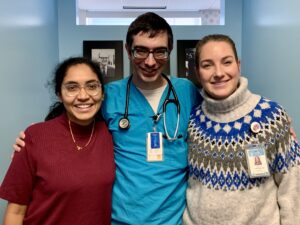 The first year of pediatric nephrology fellowship is dedicated to clinical service, providing inpatient and outpatient experience in all aspects of pediatric nephrology, including dialysis and transplantation. All pediatric nephrology patients are cared for by pediatric housestaff on a general pediatrics service, with nephrology fellows and attendings providing consultative services. Fellows have many opportunities for teaching, as there are usually 2-3 learners (students and residents) on the renal rotation (the rotation is very popular among students and residents!). Our outpatient nephrology clinic sees over 2,000 visits annually, and fellows have a continuity clinic of outpatients that they follow throughout fellowship. Chronic dialysis exposure and experience is gained through Fresenius dialysis centers in Carrboro and Sanford; 3-6 children on chronic home peritoneal dialysis, and 3-5 children on hemodiaylsis. During inpatient weeks, fellows provide acute intermittent hemodialysis, as well as CRRT, including CRRT through an ECMO circuit. Fellows can further expect to develop competency in performing ultrasound-guided renal biopsies (~20 in the first year). Fellows spend 20 weeks of their first year on the inpatient consult service. They are on-call 24 hours a day for 7 days at a time. On outpatient weeks, they have one full day of continuity clinic weekly, see patients who are urgently referred, see and manage outpatient dialysis patients (both hemodialysis and peritoneal dialysis), drop in to attending clinics a half day per week, and attend clinical and didactic conferences. The rest of the weeks of the year are reserved for electives (see below for a list), at least one week of which may be designed by the fellow pursuant to their own interests. There are four weeks of vacation per year.
The first year of pediatric nephrology fellowship is dedicated to clinical service, providing inpatient and outpatient experience in all aspects of pediatric nephrology, including dialysis and transplantation. All pediatric nephrology patients are cared for by pediatric housestaff on a general pediatrics service, with nephrology fellows and attendings providing consultative services. Fellows have many opportunities for teaching, as there are usually 2-3 learners (students and residents) on the renal rotation (the rotation is very popular among students and residents!). Our outpatient nephrology clinic sees over 2,000 visits annually, and fellows have a continuity clinic of outpatients that they follow throughout fellowship. Chronic dialysis exposure and experience is gained through Fresenius dialysis centers in Carrboro and Sanford; 3-6 children on chronic home peritoneal dialysis, and 3-5 children on hemodiaylsis. During inpatient weeks, fellows provide acute intermittent hemodialysis, as well as CRRT, including CRRT through an ECMO circuit. Fellows can further expect to develop competency in performing ultrasound-guided renal biopsies (~20 in the first year). Fellows spend 20 weeks of their first year on the inpatient consult service. They are on-call 24 hours a day for 7 days at a time. On outpatient weeks, they have one full day of continuity clinic weekly, see patients who are urgently referred, see and manage outpatient dialysis patients (both hemodialysis and peritoneal dialysis), drop in to attending clinics a half day per week, and attend clinical and didactic conferences. The rest of the weeks of the year are reserved for electives (see below for a list), at least one week of which may be designed by the fellow pursuant to their own interests. There are four weeks of vacation per year.
Statistics
Average chronic dialysis patients (hemodialysis and peritoneal dialysis): 5-10
Average renal transplants per year: 8-10 (2019-2022)
Average CRRT starts per year: 21 (2017-2021)
Outpatient Clinic Encounters: 2000 per year
Average Inpatient nephrology consult census: 8-10
1st year Schedule
Inpatient consult service, on call 24 hours/7 days: 20 weeks (one week at a time)
Outpatient weeks (clinic, weekly clinical and teaching meetings, outpatient hemodialysis): 17 weeks
Electives: 11 weeks
- Research
- Radiology
- Urology, including OR time
- Renal block (teaching 2nd year medical students)
- Transplant, including OR time
- Self-designed electives
Vacation: 4 weeks
Training in Scholarly Pursuits (year 2 and 3)
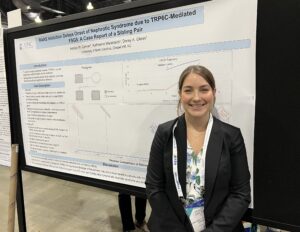
The second and third years are typically devoted to research and scholarship.
Research: Several fellows have opted to complete their Masters in Public Health in Epidemiology, or Masters of Science in Clinical Research at the UNC Gillings School of Public Health under the T32 NIH Research Training Grant. Opportunities also exist for clinical or basic science research in molecular and cell biology, immunologic, genetic, and translational aspects of kidney disease within our division. A multitude of research opportunities exist within UNC between disciplines, where nephrology and other subspecialties meet. Mentors are available from within nephrology, the School of Public Health, and at times from other divisions within UNC or a neighboring institution.
Read more about research training opportunities and faculty on the UNC Kidney Center website.
Advocacy: The JELF scholarship program provides a two-year immersive experience in leadership and advocacy skills development during pediatric nephrology fellowship training. Past graduates of note include Dr. Ray Bignall (Cincinnati Children’s Hospital), and Dr. Kiri Bagley (a UNC pediatric nephrology graduate, currently at Wake Forest Pediatric Nephrology). JELF Advocacy Scholars Program – American Society of Pediatric Nephrology (ASPN) (aspneph.org)
Quality Improvement: Opportunities abound for large-scale quality improvement projects under the guidance of the fellowship program director, Katie Westreich, who herself completed a fellowship in quality improvement and patient safety at UNC, as well as formal training in QI metho
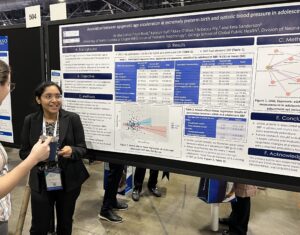
dology at Intermountain Health.
Education: Through the UNC Academy of Educators program https://www.med.unc.edu/aoe/, we are able to offer a year-long training program in medical education during fellowship training called the FLAGship Program https://www.med.unc.edu/aoe/programming/flagship-program/, which is a mentored leadership development program with didactics and activities geared toward learning methods of academic scholarship, teaching, curriculum design, and mentoring within medicine.
All fellows have a Scholarship Oversight Committee to provide oversight over their scholarly experience. Fellows are strongly encouraged to present their work at national meetings.
During the second and third years of fellowship, if funded by the NIH training grant, clinical experience is limited to two full days of clinic and one weekend of the consult service per month to protect time for research productivity. If not funded by the training grant, fellows are generally on the consult service one week per month and have a full day of clinic each week they are not on service—exact schedule is flexible and is determined collaboratively by the fellow and program director together to best meet each fellow’s needs.
Didactic Learning Opportunities
The Pediatric Nephrology Fellows participate in a number of didactic conferences each week.
| TIME | MONDAY | TUESDAY | WEDNESDAY | THURSDAY | FRIDAY |
| 9:00am | Dept of Pediatrics Grand Rounds | Pediatric Nephrology Fellows’ Lecture Series/Research Progress Meeting | |||
| 12:00pm | Ped Neph Post-Clinic discussion | Dept of Medicine Grand Rounds | Pediatric Fellows Core Curriculum (biweekly) | ||
| 3:00pm | Kidney Transplant Committee meeting (monthly) | Pediatric Dialysis Quality Assurance meeting (monthly) | Ped Neph Inpatient Review and Sign-Out | ||
| 4:00pm | Nephrology Journal Club (adults and peds combined) | Adult Nephrology Fellows’ Lecture Series | Nephrology Grand Rounds | Adult Nephrology Fellows’ Lecture Series |
Faculty & Support Staff
Faculty
-
Associate Professor of Medicine and Pediatrics
DOM Vice Chair of Equity and Community Engagement
Assistant Professor of Medicine
Office: 919-445-2619Email: dorey.glenn@med.unc.eduAssistant Professor of Medicine and Pediatrics
Assistant Professor of Medicine and Pediatrics
Director of Pediatric Dialysis
Assistant Professor of Medicine and Pediatrics
Clinical Nursing Staff
-
Pediatric Renal Transplant Nurse Coordinator
Current Fellows
-
Pediatric Nephrology Fellow: 1st Year
Pediatric Nephrology Fellow: 2nd Year
Email: acarv@email.unc.eduPediatric Nephrology Fellow: 3rd Year
Past Fellows
- Elizabeth Kotzen, MD
- Erica Bjornstad, MD
- Kiri Bagley, MD
- Dorey Glenn, MD, MPH
- Katie Westreich, MD
- Nicole Beaufort, MD
- Heather Stewart, MD
- Jennifer Vick, MD
- Keisha Gibson, MD
- Carla Nester, MD
- Jennifer Slickers MD, MPH
Applicants
The University of North Carolina Division of Nephrology welcomes applications to its Fellowship Program through the Electronic Residency Application Service (ERAS®).
A complete application includes:
- Three letters of recommendation
- Personal statement
- USMLE transcript
The University of North Carolina does not discriminate in offering access to its educational programs and activities or with respect to employment terms and conditions on the basis of race, color, gender, national origin, age, religion, genetic information, disability, veteran’s status, sexual orientation, gender identity or gender expression. The division of nephrology welcomes and actively seeks diversity among its trainees.
Interviews typically take place starting in late July through the end of October.
We look forward to meeting you and welcoming you into the world of pediatric nephrology!
Questions can be directed to:
-
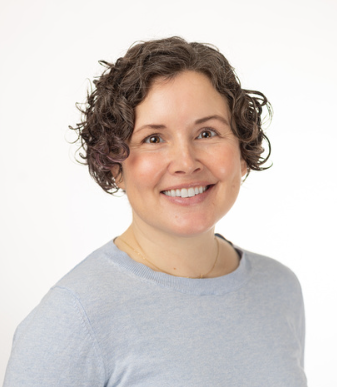

Assistant Professor of Medicine and Pediatrics

 Rochelle Moser
Rochelle MoserFellowship Coordinator/Administrative Specialist
Office: 919-445-2647Email: Rochelle_moser@med.unc.edu
-
